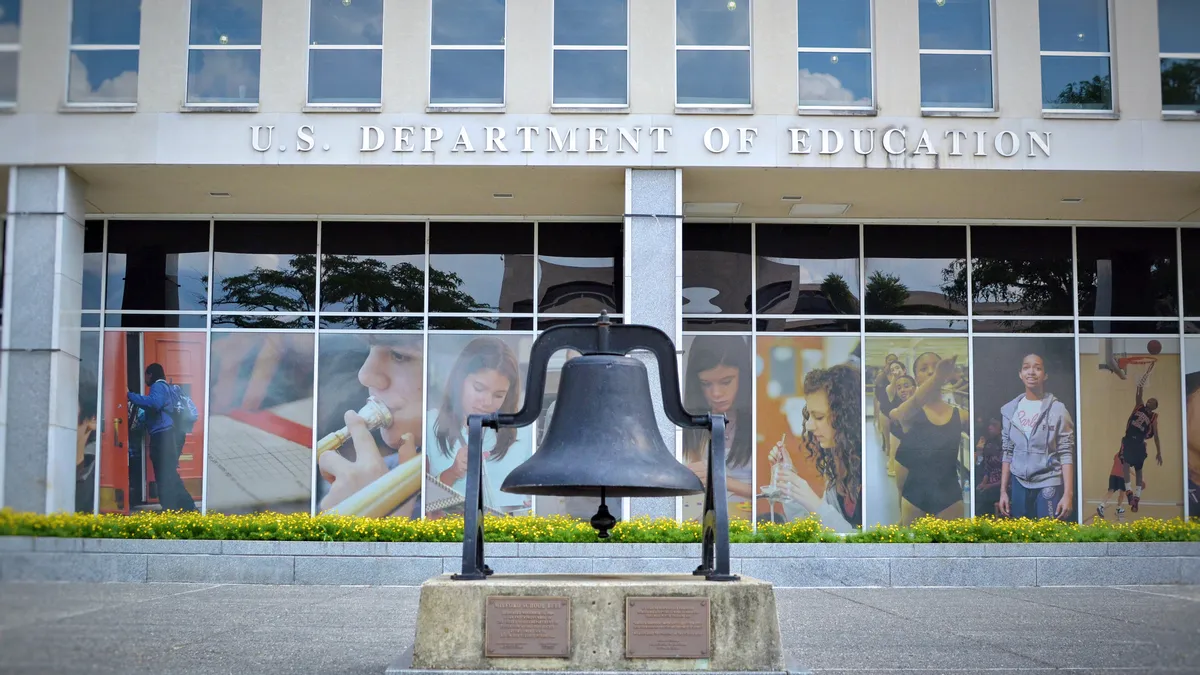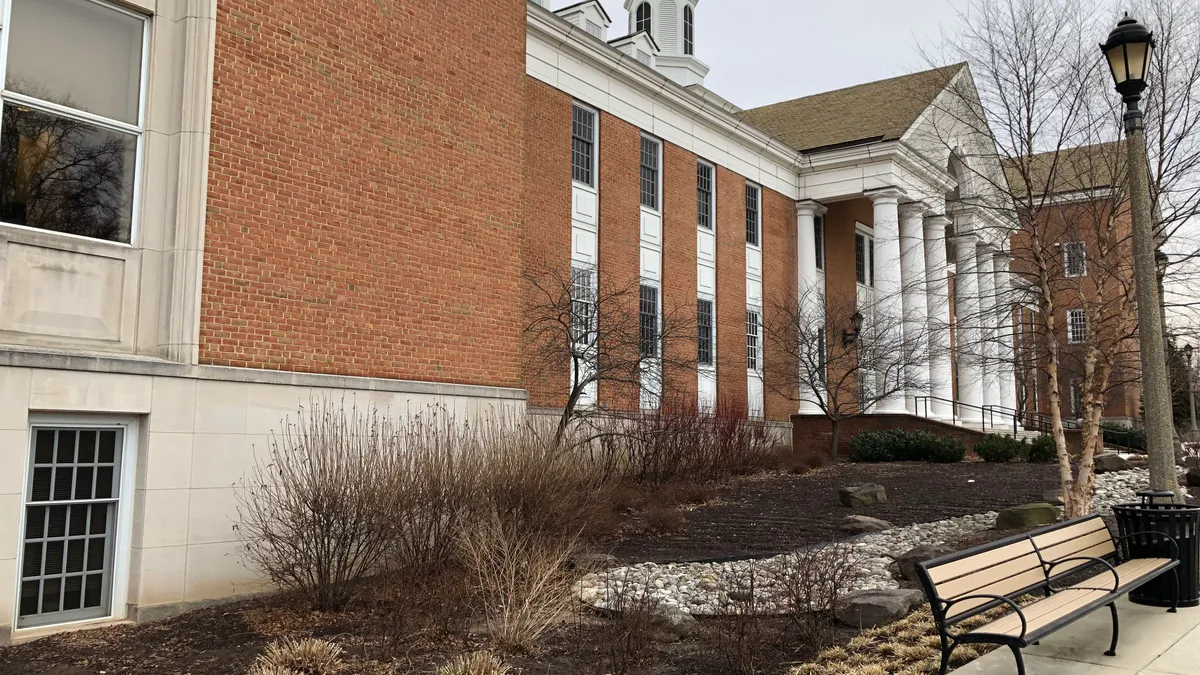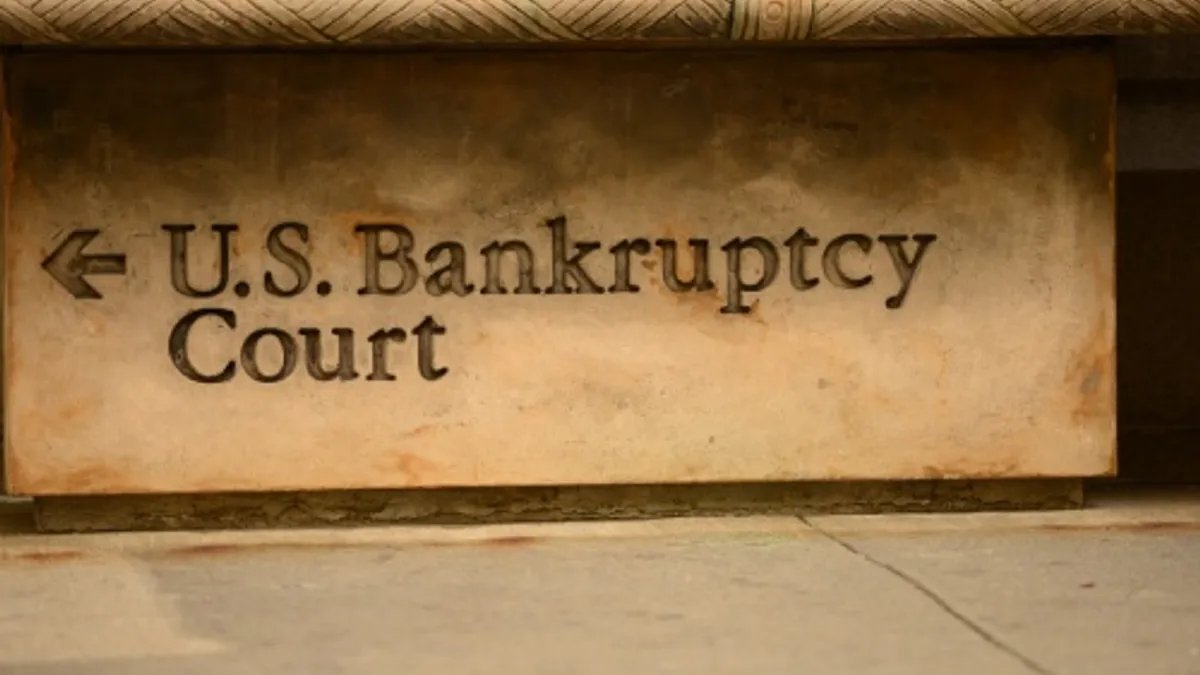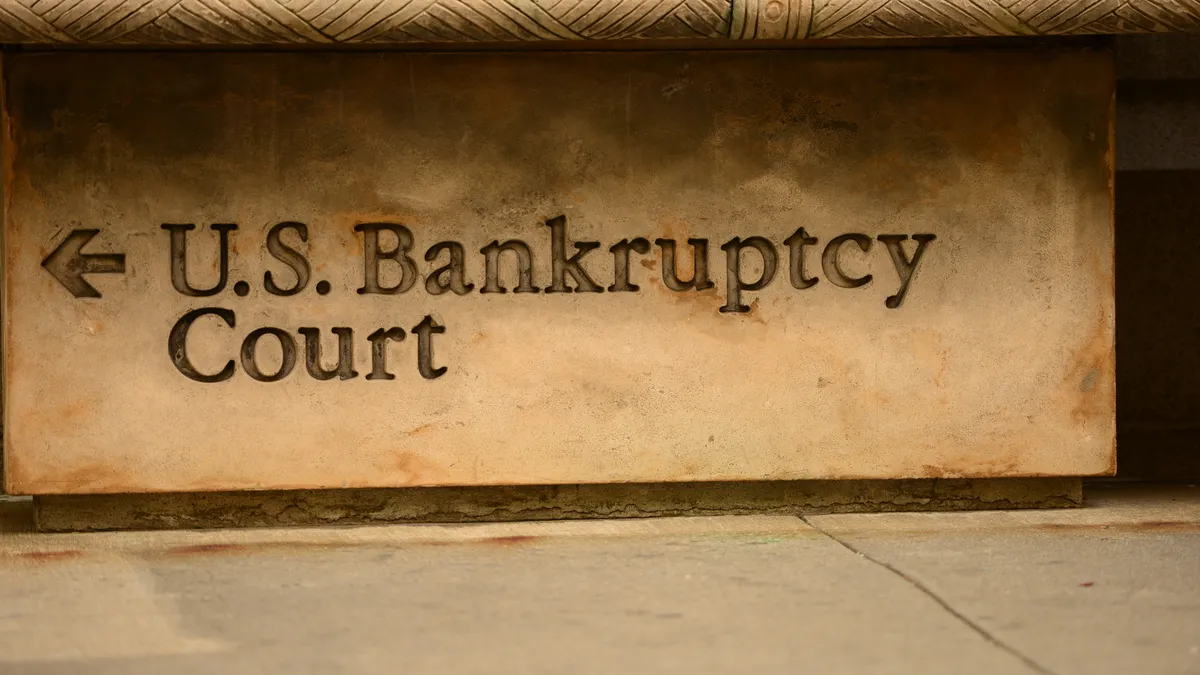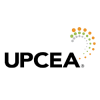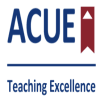StraighterLine launched more than a decade ago as a way to offer students low-cost college classes online. It has steadily grown since then, but 2020 may be a turning point for the company and others like it.
Students generally pay $99 a month plus a per-class fee to access StraighterLine's courses, which are guaranteed to transfer for credit to colleges in its network. The company counts more than 100 institutions as partners, including online giants such as Western Governors and Walden universities.
In recent years it has also been working with universities to offer pathways into degree programs under their own brands. For instance, StraighterLine partnered with the University of Louisiana System in September to create a virtual academy allowing prospective students to take college classes for $150 a month before they enroll in one of its institutions.
"If you aren't successful, you haven't spent a lot of money, you haven't spent a lot of time, you haven't put your Title IV at risk, you don't have a black mark on your transcript and you haven't foreclosed other options," said StraighterLine CEO Burck Smith. "But if you are successful, awesome, you've now gotten credits prior to entry."
StraighterLine is one of several companies that partner with colleges to offer students standalone online courses, often counting toward general education requirements. Although colleges usually want to retain control over their classes, the pandemic has made these arrangements more attractive to school officials, who are looking for new ways to recruit students, higher education experts said.
Investors are taking notice. StraighterLine raised an undisclosed sum from a Boston-based private equity firm this spring. Outlier.org, a startup that also offers online classes for college credit, announced in January that it netted nearly $12 million in a funding round. And Coursera — one of the largest MOOC providers in the world — garnered $130 million from investors in July after launching a service last year to offer online courses to colleges.
"We're seeing as a result of COVID the whole industry advancing at least a year or two, with a real uptick in terms of the number of users that are coming to these platforms," said Julia Stiglitz, partner at GSV Ventures, which has invested in Outlier.org and Coursera. "You're seeing a lot of investors that are getting very excited about the education technology category."
Alternate pathways to degrees
Colleges tend to be wary of outsourcing classes because of concerns that doing so will hurt academic freedom and quality. It can also cost them important revenue, as many schools use these high-enrollment general education courses to subsidize smaller, upper-level classes, said Phil Hill, an ed tech consultant with the firm MindWires.
But as competition for students heats up, Hill thinks it's possible more institutions will use online classes from companies like StraighterLine as a recruitment tool. "That gen ed revenue is not this sure thing," Hill said. For colleges, "it's like, 'I've got to have long-term students, and I need to reach them any way I can.'"
This wouldn't be the first time higher ed tried that kind of approach. Buzz grew around MOOC providers, which emerged a few years after StraighterLine's launch and were expected to bring college education to those who wouldn't otherwise have access. But enthusiasm waned when reports revealed they had low completion rates and served large shares of students who were already well-educated.
Some of those companies have retooled with offerings closer to what StraighterLine delivers. And others have since emerged. Outlier.org partnered with the University of Pittsburgh last year to offer credit for introductory courses in calculus and psychology. Since then, it has added several other courses to its slate.
"We're seeing as a result of COVID the whole industry advancing at least a year or two, with a real uptick in terms of the number of users that are coming to these platforms."

Julia Stiglitz
Partner, GSV Ventures
Pitt has a revenue-share model with Outlier.org, though the company declined to share the split, and its rural Johnstown, Pennsylvania, campus provides some oversight on course curricula and instructors. However, a Pitt official said earlier this year the college does not encourage its students to take the classes. (And none have, to the company's knowledge.)
Instead, the goal is to offer courses that nearly anyone can access and transfer to other institutions, Outlier.org founder and CEO Aaron Rasmussen said. The company and university recently created a scholarship for up to 1,000 frontline workers to take one course each for free.
Universities are beginning to see the value of these companies, said Patrick Brothers, co-founder of education market research firm HolonIQ. "It took some time for StraightLine's model to mature," he added. "The emergence of Outlier, tackling almost the same problem with a slightly different approach, is evidence that there is demand and there is merit."
Outlier.org is also working with a university to offer online classes directly to students there for credit. The company partnered with Florida Polytechnic University this fall after the school piloted its calculus course over the summer.
Although this is a smaller aspect of the company's business, it could grow, said GSV Ventures' Stiglitz, who is also an Outlier.org board member. "With COVID, I think one of the things that we've learned is creating a great online experience in higher ed is actually really hard to do," she said. "Just having Zoom classes is insufficient, so more and more schools are looking for additional tools to supplement."
A new business model for MOOCs
MOOC providers have taken similar steps in the pandemic's wake.
Coursera debuted a service last year giving colleges access to its course catalog, which they can use to supplement their online offerings.
The company made the service free from March through September to help universities find their online footing during the health crisis. This fall it introduced a tiered pricing model, including two free plans that give students access to one course annually.
Participation in the service has grown from about 30 campuses in February to 3,700 worldwide. In all, about 2.6 million students have enrolled in 24 million courses. Completion rates for campus programs is above 50%, according to the company.
"We're really focused on really investing in this right now," said Coursera spokesperson Chandni Brunamonti. The company raised the $130 million to grow its content catalog and expand internationally, she said.
EdX, a nonprofit MOOC platform created by Harvard University and the Massachusetts Institute of Technology, has made similar moves. In response to the pandemic, it launched Online Campus, which gives partner institutions free access to its courses, and a limited version of this service to other accredited colleges. Some 130,000 students have since used Online Campus to take more than 400,000 classes, according to a news release. The company couldn't share data on what share of students completed the classes.
Cathleen Coyle Webster, edX's vice president of development, didn't directly answer whether the pandemic has made it easier for the organization to raise money but said in an emailed statement that there has been a renewed focus from potential funders on helping workers impacted by the pandemic access education. EdX launched a campaign this fall to raise $10 million to help learners pay for a certificate to prove they completed the classes, which are free. So far, $1 million has been raised.
These new offerings could strengthen MOOC providers, Hill said. "They've always had huge numbers, but what they haven't had is a clear path to a sustainable business model," he said. "That's where I see the biggest improvements this year."







